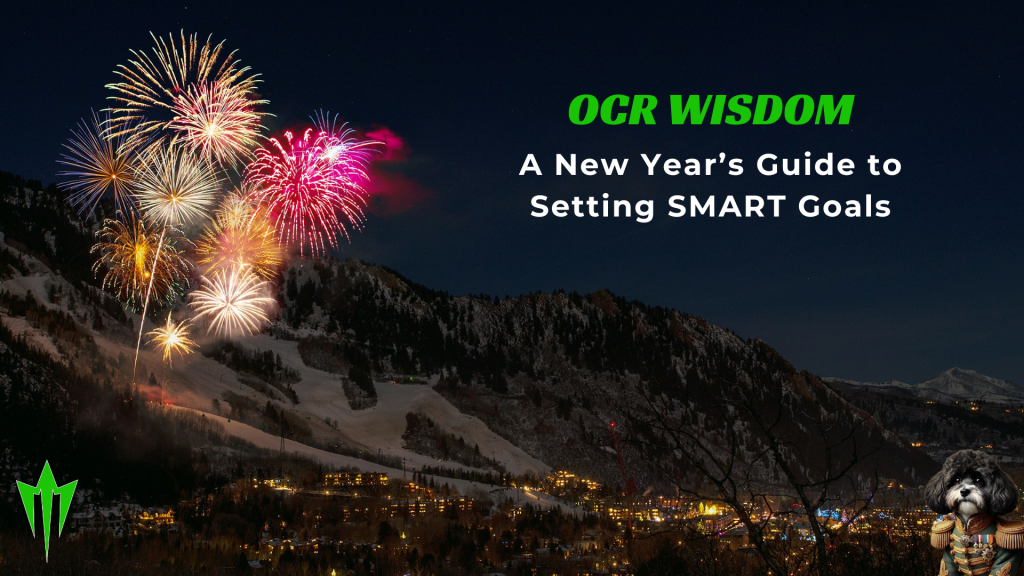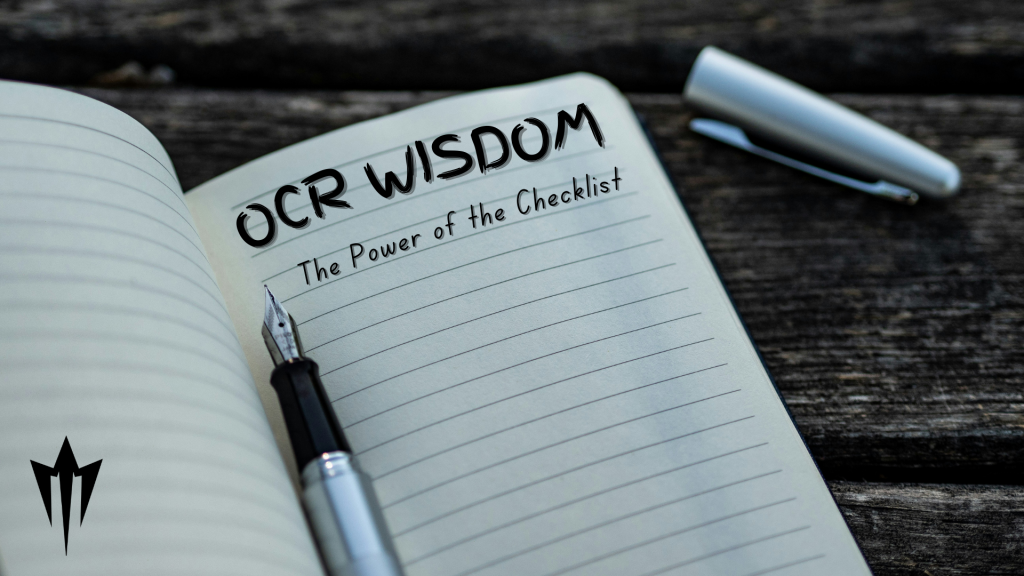In Rich Dad Poor Dad, Robert Kiyosaki shares a profound insight about how fear and desire can control us, much like a donkey endlessly chasing a carrot. The donkey runs because fear tells him he might not eat again, and desire keeps him moving toward the elusive carrot. This cycle is not so different from how we approach our lives, especially during moments of reflection like the New Year.
Celebrating the New Year often means setting resolutions and goals—many of which are driven by fear and desire. Fear might whisper, “What if I don’t make enough money this year?” while desire motivates us to chase bigger dreams, better jobs, or new opportunities. But if we’re not careful, fear and desire can put us into a spiral of perpetual dissatisfaction. Understanding these forces and using them positively can transform how we approach life.
The Double-Edged Sword of Fear and Desire
Fear can be a powerful motivator. It pushes us to act, often in self-preservation. But unchecked fear can also make us overly cautious or lead to decisions we later regret—avoiding risks, opportunities, or relationships because of what might go wrong. For example, fear can keep someone from starting a business because they’re afraid of failure, yet the desire for financial freedom still lingers, creating frustration and stagnation.
Desire, on the other hand, is what gets us out of bed in the morning. It drives ambition and fuels progress. But unchecked desire can be just as dangerous as fear. If we’re always chasing the next thing—more money, bigger achievements, or better possessions—we risk never appreciating what we already have.
As the saying goes, “When you’re sick, you only want one thing: to feel better. When you’re healthy, you want a million things.” This is a reminder to keep both fear and desire in check, balancing ambition with gratitude.
SMART Goals: A Framework for Balance
To break free from the donkey-and-carrot cycle, use the SMART goal-setting framework. SMART stands for:
• Specific: Define your goals clearly. Instead of “I want to make more money,” set a goal like, “I will increase my monthly income by $1,000 through freelancing.”
• Measurable: Quantify your goals. This helps you track progress and celebrate small wins along the way.
• Achievable: Set goals that stretch you but are still realistic. Unrealistic goals can feed dissatisfaction if unmet.
• Relevant: Align your goals with your values and long-term vision. Don’t chase goals simply because others are doing so.
• Time-bound: Give yourself a deadline. This creates urgency and keeps you focused.
By setting SMART goals, you channel fear and desire into actionable, purposeful steps rather than an endless chase.
Living the Four Agreements
When navigating fear and desire, consider Don Miguel Ruiz’s Four Agreements as guiding principles:
1. Be impeccable with your word: Speak honestly and kindly to yourself and others. Avoid setting goals out of fear-based self-criticism or societal pressure.
2. Don’t take anything personally: Fear often comes from worrying about how others perceive us. Focus on your own journey.
3. Don’t make assumptions: Desire can lead to frustration when we assume achieving a goal will bring happiness. Question what truly matters to you.
4. Always do your best: Whether fear or desire is driving you, doing your best means acting with integrity, even if you fall short.
The Key to Satisfaction
Fear and desire are natural parts of life. They can trap us in cycles of dissatisfaction, or they can propel us toward growth and fulfillment. The key is awareness: knowing when fear is holding you back or when desire is making you chase something that doesn’t truly matter.
As you set your intentions for the New Year, remember to approach every decision with balance. Celebrate progress, reflect on what you already have, and use the SMART framework to create goals that align with your values. Most importantly, when fear and desire arise, pause and ask yourself: “Am I responding in a way that I’ll look back on with gratitude?”
Let this year be one of mindful action, not mindless chasing. After all, the donkey might never catch the carrot—but you can choose to enjoy the journey.



